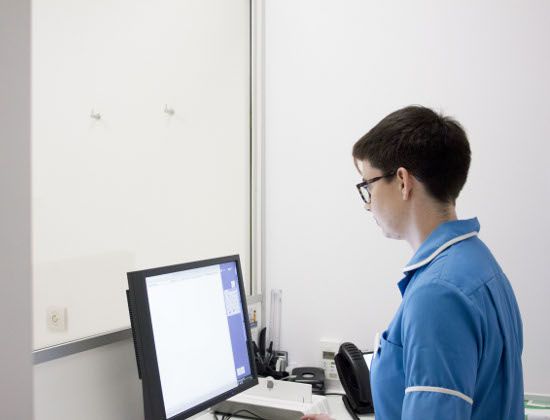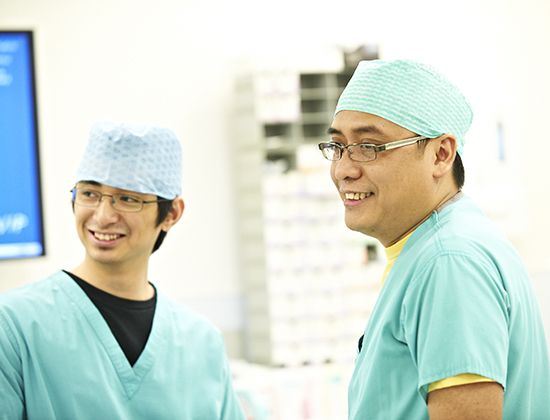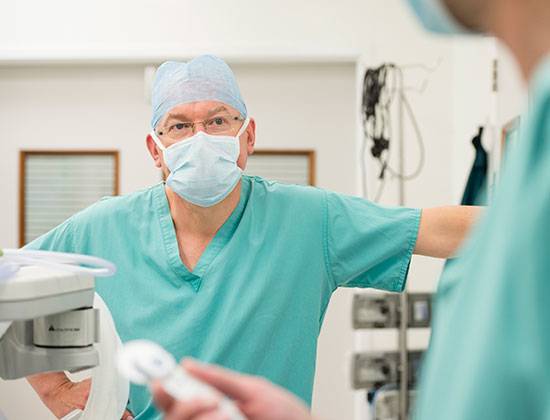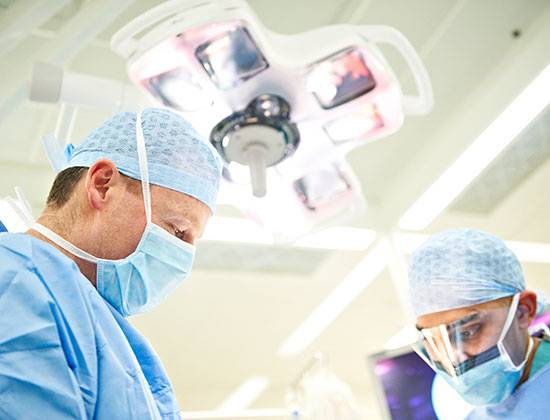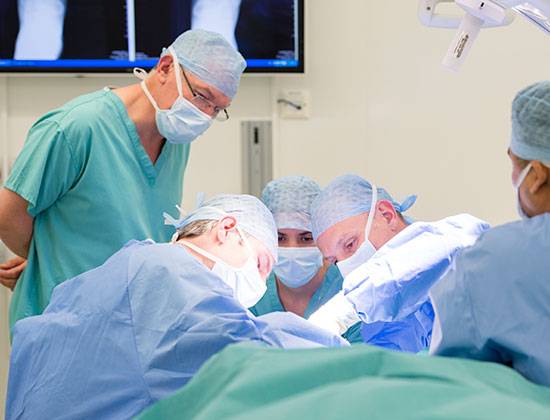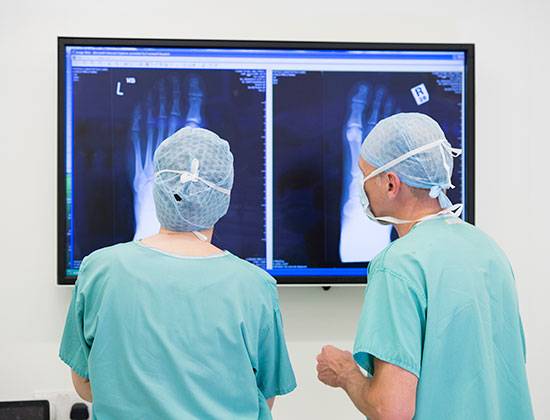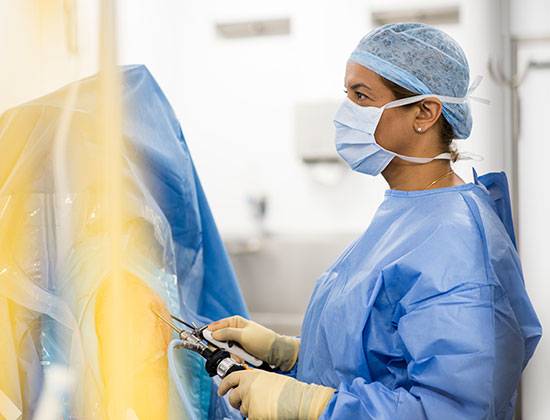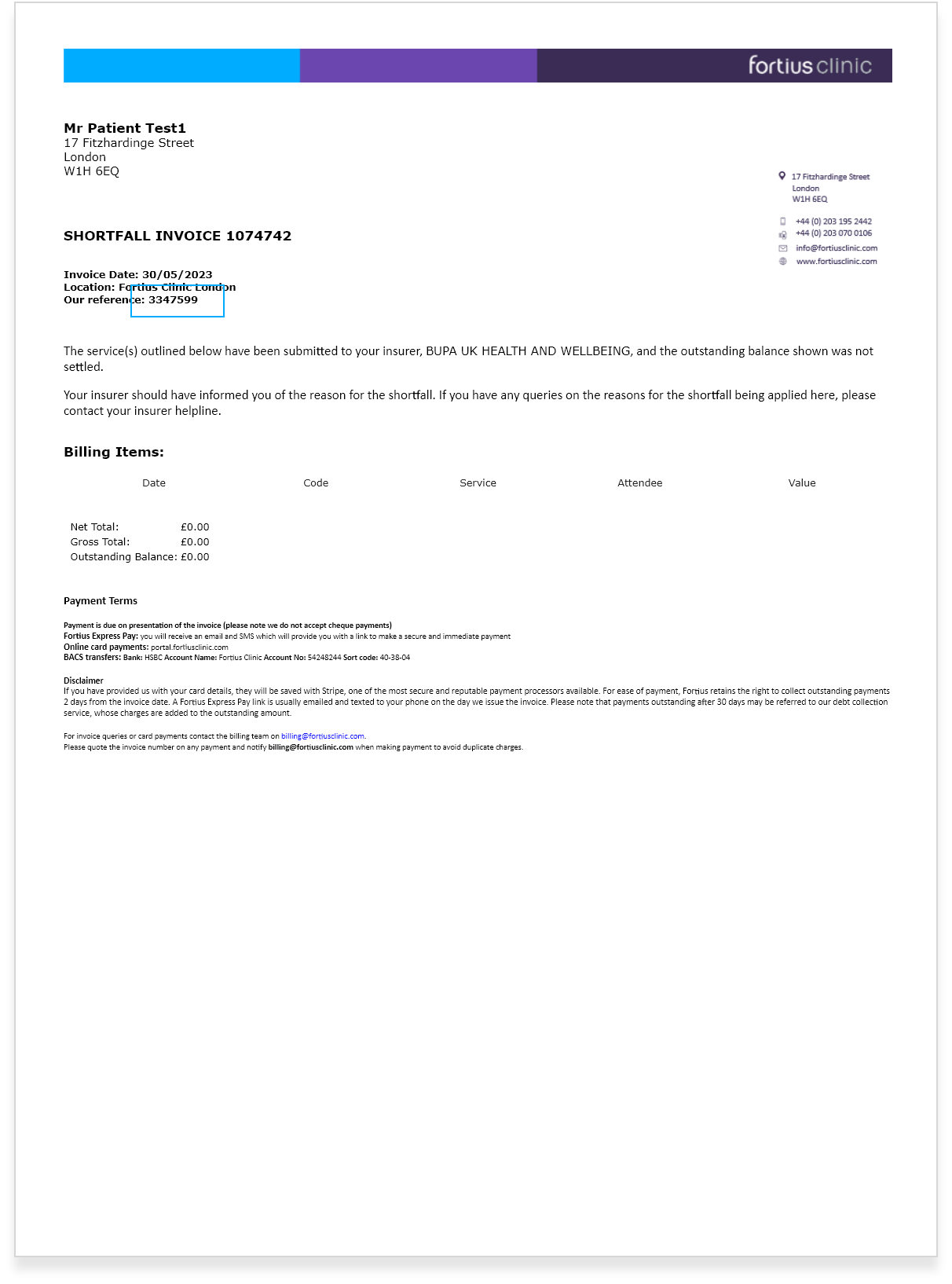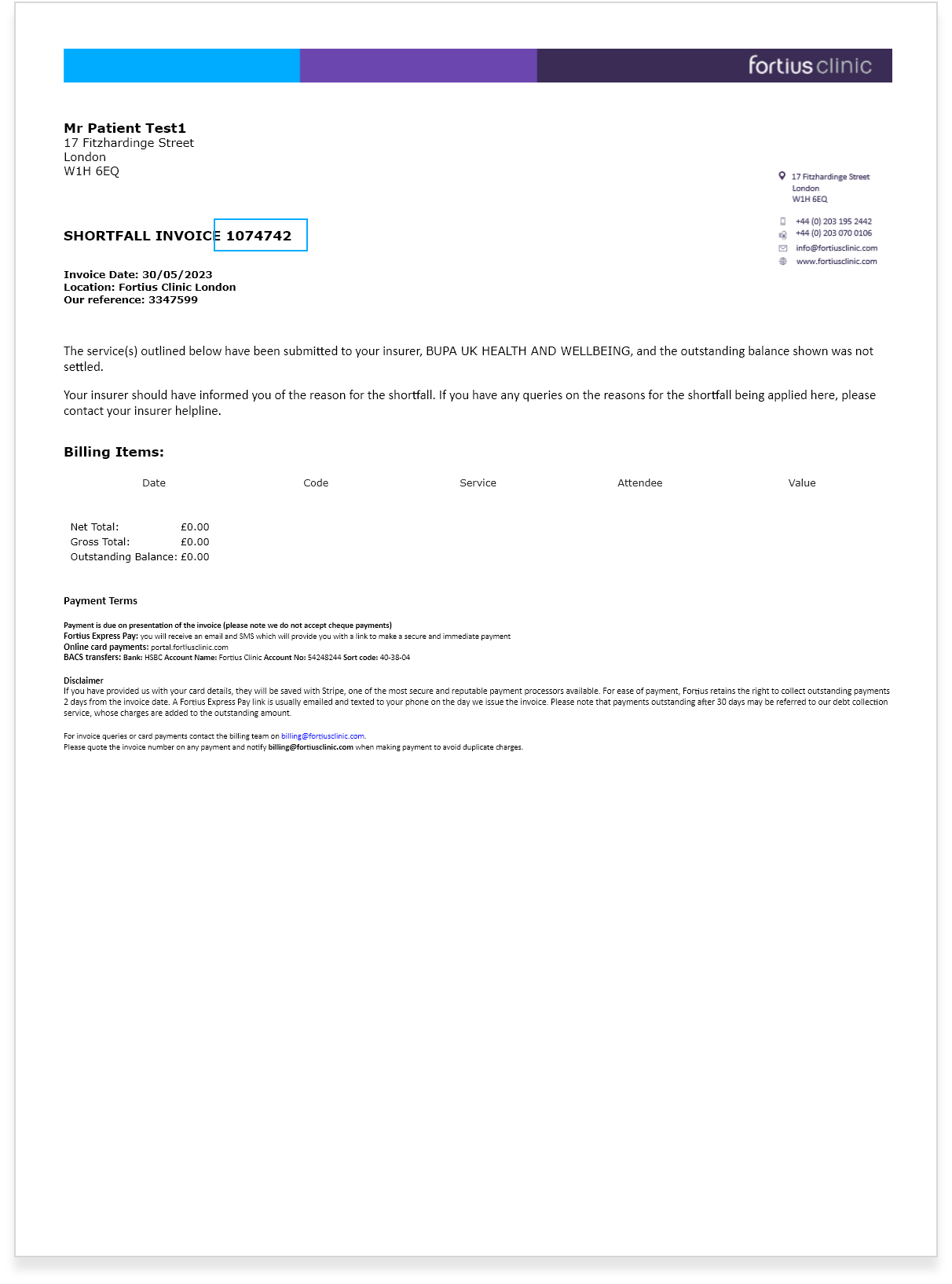Infections
Orthopaedic infections, which can affect the spine, often begin with an infection of the skin or an open wound. More rarely, infections can affect patients after fracture or surgery. Infections can then spread into the bones (osteomyelitis) and joints (septic arthritis).
Causes
Some conditions make it more likely that you’ll get an infection. These include rheumatoid arthritis, diabetes, haemophilia, HIV, and sickle cell anaemia. Smoking, being very overweight, having a poor diet, and poor hygiene are also risk factors.
Symptoms
If the area around a wound becomes swollen, inflamed, stiff or has pus ─ and in particular if you also have a temperature ─ you should seek medical advice as soon as possible. In serious cases, bone infection can cause permanent damage.
Diagnosis
After a discussion of your symptoms, the specialist may arrange for X-rays, CT and/or MRI scans to see the extent of any damage to bone and tissue. You may also have blood tests and some fluid removed from the wound site to identify the type of infection.
Treatment
The wound may need to be drained and you may have antibiotics to treat the infection. In a few cases, surgery can be carried out to remove dead or damaged bone as well as infected tissue.
If you have an open fracture, you’ll need urgent surgery along with antibiotics. You may also need to have surgery to remove dead bone and infected tissue. Bone infections can be difficult to treat, however; you may need to take antibiotics for a long time and possibly have further surgery.
Important: This information is only a guideline to help you understand your treatment and what to expect. Everyone is different and your rehabilitation may be quicker or slower than other people’s. Please contact us for advice if you’re worried about any aspect of your health or recovery.

